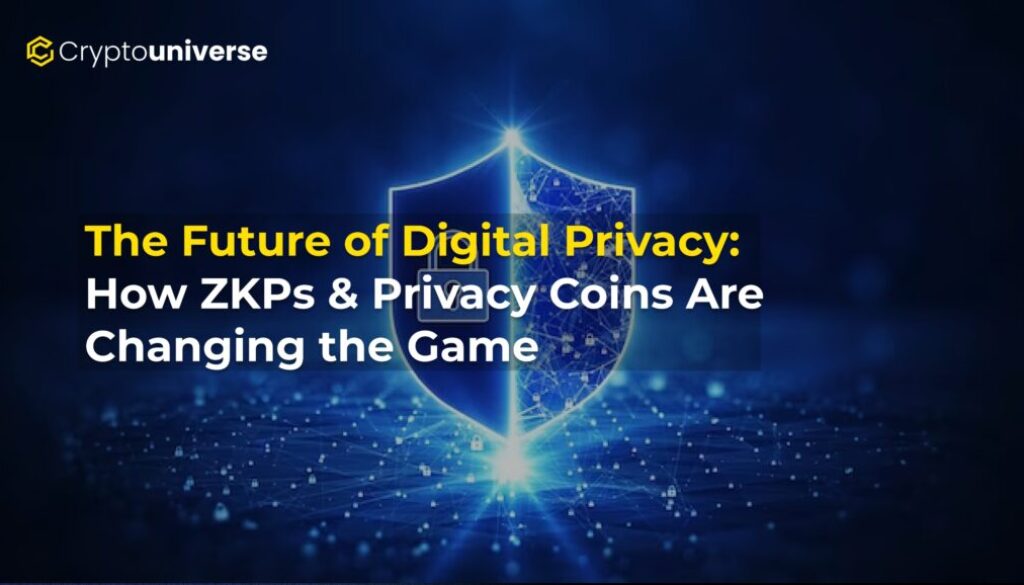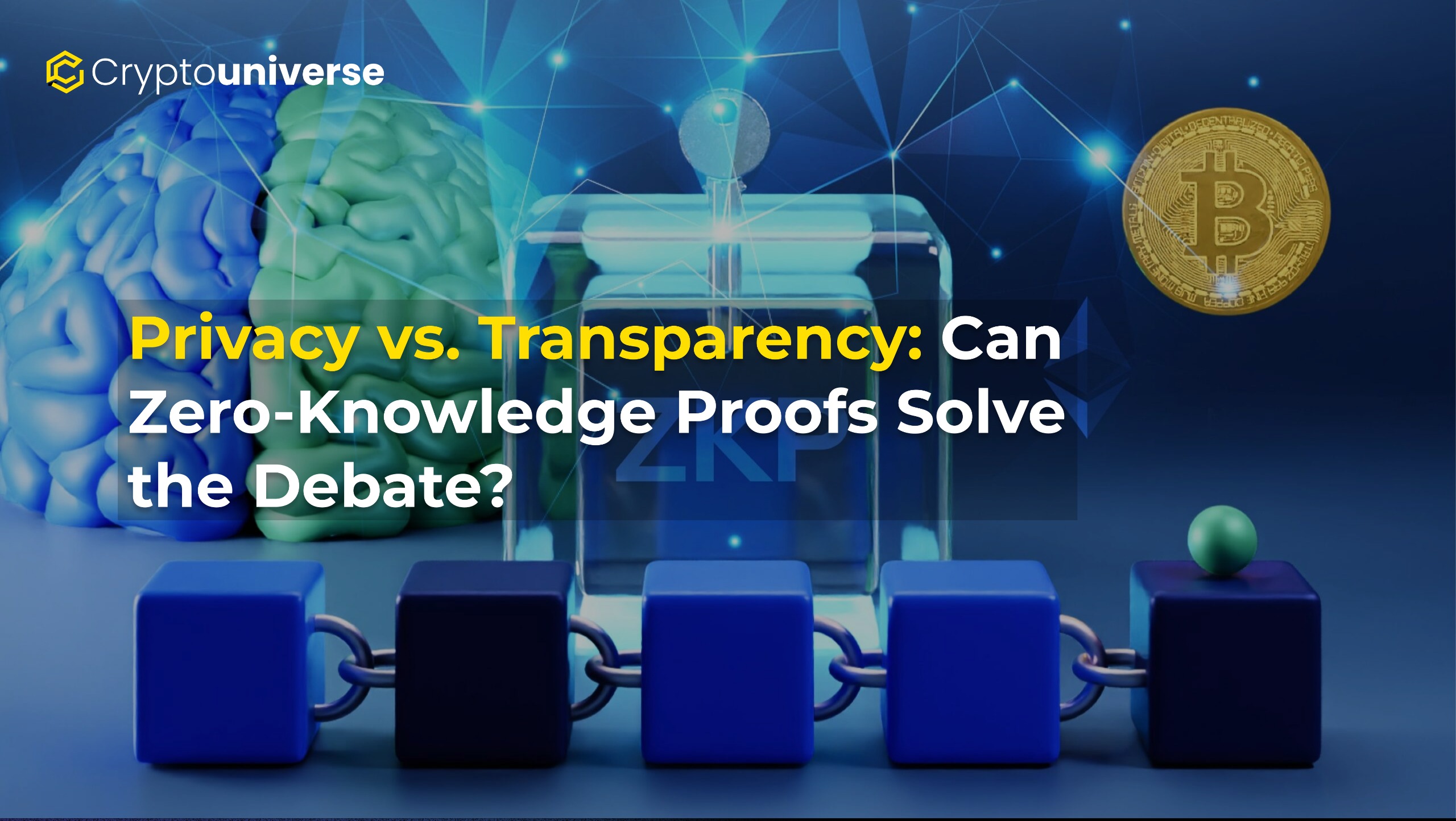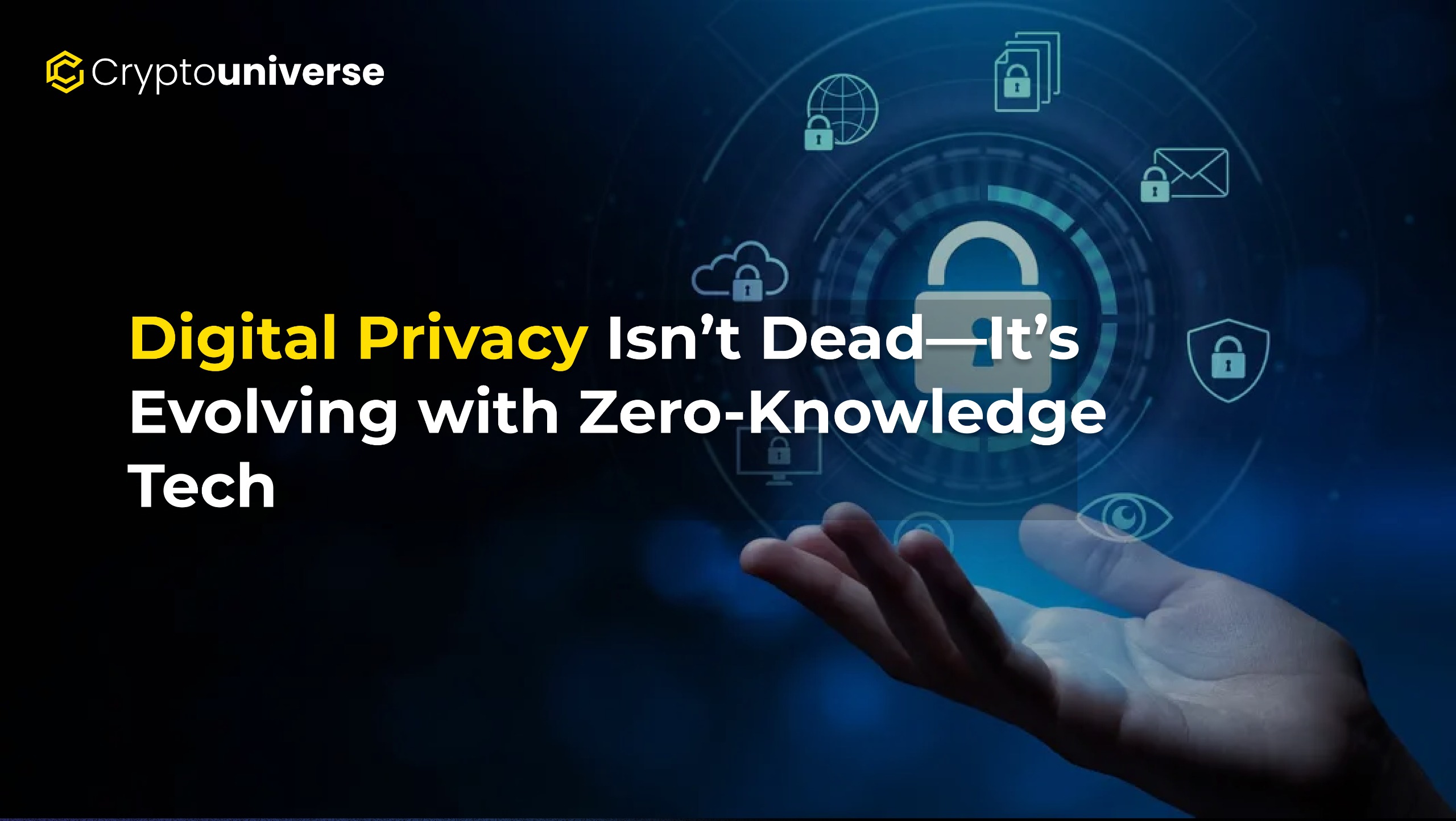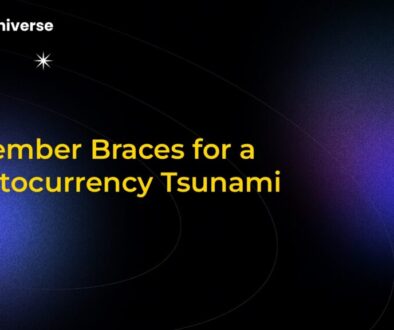The Future of Digital Privacy: How Zero-Knowledge Proofs and Privacy Coins Are Changing the Game

🔒 Privacy in the Digital Age: Why It Matters Now More Than Ever
In a world where every click, swipe, and transaction leaves a digital footprint, privacy has become a rare commodity. From data breaches to invasive surveillance, the need for secure, anonymous transactions is skyrocketing. Enter zero-knowledge proofs (ZKPs) and privacy coins—two groundbreaking innovations rewriting the rules of digital finance. But how do they work, and can they balance user anonymity with regulatory demands? Let’s dive in.
- Zero-Knowledge Proofs: Proving Secrets Without Spilling the Beans
Imagine proving you know a password without actually typing it. That’s the magic of ZKPs—a cryptographic method where one party (the prover) can confirm a statement’s truth to another party (the verifier) without revealing any underlying data.
- The Cave Story Analogy: Think of a secret cave with a door only you can open. With ZKPs, you can prove you possess the key without showing it—keeping your secret safe.
- Real-World Breakthroughs: Projects like Zcash (using zk-SNARKs) and Ethereum’s privacy-focused rollups are leveraging ZKPs to validate transactions while masking details like sender, receiver, and amount.
Curious how ZKPs could revolutionize industries beyond crypto? Explore deeper on CryptoUniverse.blog.
- Privacy Coins: The Rise of Anonymous Cryptocurrencies

Bitcoin’s transparency is a double-edged sword—every transaction is traceable on its public ledger. Privacy coins like Monero, Zcash, and Dash flip the script by prioritizing anonymity:
- Monero: Uses ring signatures and stealth addresses to obscure transaction trails.
- Zcash: Offers “shielded” transactions via zk-SNARKs.
- Dash: Employs CoinJoin to mix multiple payments, confusing snoopers.
These coins aren’t just for the privacy-obsessed. Businesses and individuals in restrictive regimes rely on them to protect financial freedom.
Discover the top privacy coins of 2024 on CryptoUniverse.blog.
- The Great Debate: Privacy vs. Regulatory Oversight
Regulators worry privacy tools could enable money laundering or tax evasion. Recent actions—like the FATF Travel Rule or the Tornado Cash sanctions—highlight this tension. But advocates argue:
- Privacy is a fundamental human right, not a loophole for criminals.
- Transparent systems risk exposing users to hacking or discrimination.
The challenge? Designing protocols that protect users while allowing audits for compliance.
- Bridging the Gap: Compliant Privacy Solutions
Innovators are tackling this head-on:
- Iron Fish: A privacy-first blockchain with optional compliance features.
- Aztec Protocol: Enables private Ethereum transactions with selective disclosure for regulators.
- Mina Protocol: Uses ZKPs to create lightweight, verifiable blockchains.
These projects prove privacy and regulation can coexist—without sacrificing decentralization.
For a breakdown of compliant privacy tech, visit CryptoUniverse.blog.

- The Road Ahead: What’s Next for Digital Privacy?
- Mainstream Adoption: Expect ZKPs in voting systems, healthcare, and identity verification.
- Smarter Regulation: Frameworks that distinguish between malicious actors and legitimate privacy needs.
- Privacy-Centric CBDCs: Even central banks are exploring ZKPs for digital currencies.
Conclusion: Privacy Isn’t Dead—It’s Evolving
The battle for digital privacy is just beginning. As zero-knowledge proofs and privacy coins mature, they’ll redefine how we transact, interact, and trust in a hyper-connected world.
Stay ahead of the curve. For cutting-edge insights on crypto innovations, subscribe to CryptoUniverse.blog—your gateway to the decentralized future.
💬 Engage with Us: How do YOU balance privacy and transparency? Let us know—and share this article to spark the conversation!
(Hint: Bookmark CryptoUniverse.blog for daily updates on blockchain trends, privacy tech, and more!)


